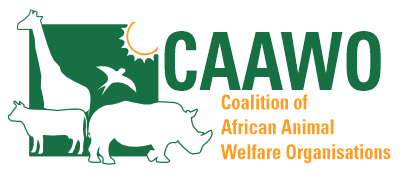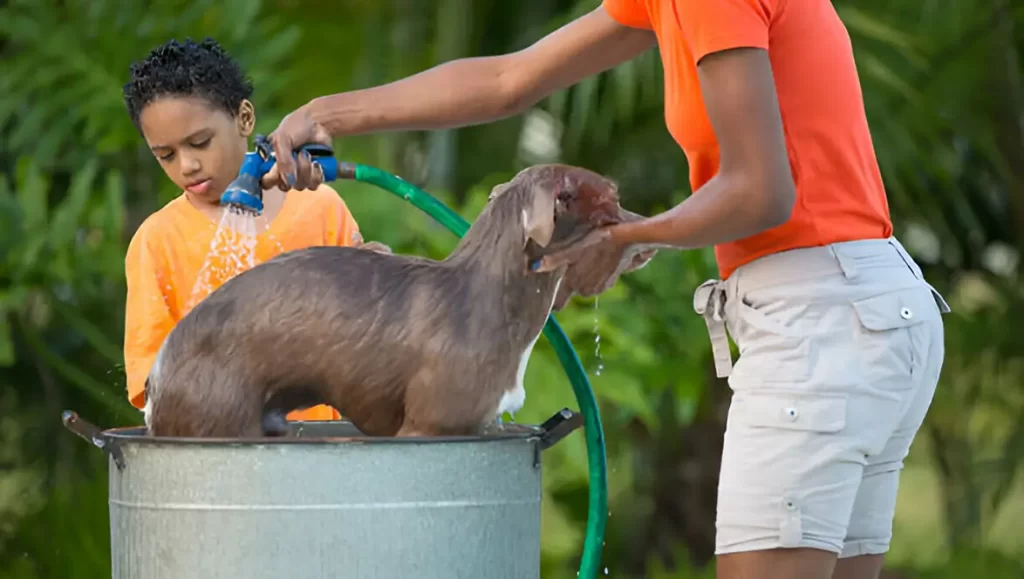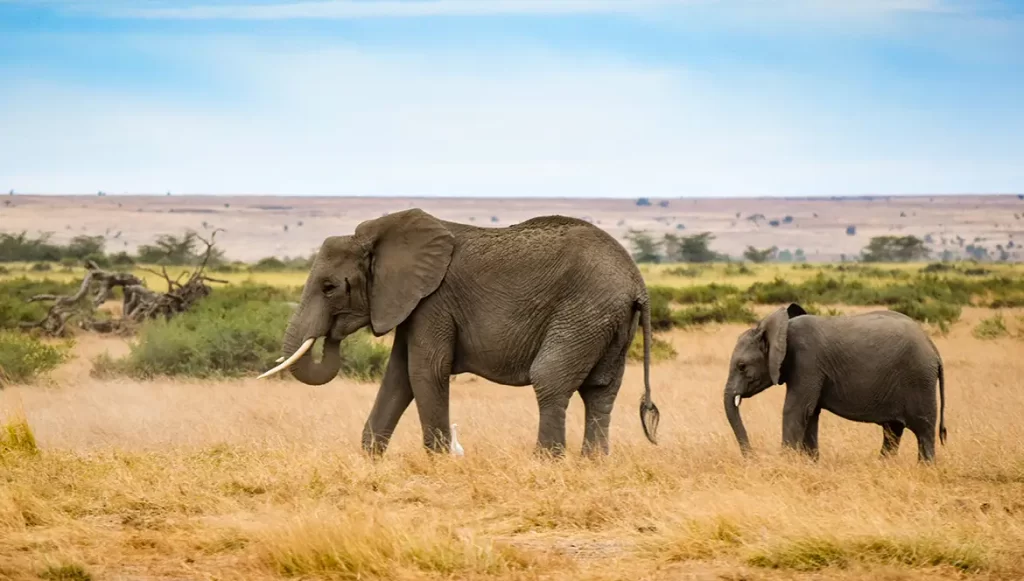The National Council of Societies for the Prevention of Cruelty to Animals (NSPCA) took to social media in early October to expose the live export of tens of thousands of sheep to Kuwait, from a local harbour, for slaughter over Eid. The conditions on board included “dangerously high ammonia levels” and “parasitic conditions”, among other concerns.
South Africa’s Red Meat Producers’ Organisation (RPO) hit the nail on the head when its CEO, Gerhard Schutte, suggested local authorities look at ways of meeting the traditional slaughter requirements of other nations so that international trade is able to take place under humane and legal circumstances.
The RPO, for one, is on record as stating: “We believe it much better to move meat rather than livestock for slaughtering purposes” in response to this latest “hot potato” in the animal welfare chain.
This so-called hot potato involves the highly contested export of 61 000 sheep to Kuwait in the Middle East, from the East London Harbour in South Africa, for slaughter during Eid al-Adha (or the “festival of sacrifice”).
It honours Abraham’s willingness to slay his son Ishmael at Allah’s request, widely considered a supreme act of faith. The story goes that when Abraham held the blade to his son’s neck on Mount Arafat, the angel Gabriel appeared to prevent him from going through with it – saying Abraham had already demonstrated his love for God. A goat was slaughtered in the boy’s stead and, today, a sheep, cow or camel is sacrificed in memory of the story.
OFFICIAL INSPECTIONS VARY
Despite an inspection of the vessel Al Shuwaikh, moored at the time in the East London harbour, in which animal welfare authorities (including officials from the Veterinary Public Health directorate of the Department of Agriculture, and the NSPCA chief veterinarian and senior inspector) appeared horrified by the conditions on board, two provincial government department veterinarians could find “nothing wrong” when they undertook an inspection later that day, i.e. 03 October 2019. Owners of the ship, Middle East import company Al Mawashi, therefore continued the loading process throughout that night and no heed was taken to NSPCA pleas. Al Mawashi’s role is, of course, to source livestock for halal slaughter for Kuwait’s predominantly-Muslim market.
In response to the conditions on board, the NSPCA launched a social media campaign to gather public support that might halt the planned live sheep export. Their inspection confirmed, unemotionally, that “there is cause for major welfare concerns and unavoidable contraventions of the Animal Protection Act No 71 of 1962 and World Organisation for Animal Health minimum standards”.
ECONOMY AND WELFARE AT LOGGERHEADS
“It must be noted that the Australia-to-Kuwait route is much longer and that temperatures along this route are far warmer than for the South Africa to Kuwait route,” said Ayongezwa Lungisa, the agrarian reform ministry spokesperson, indicating that high mortalities due to lack of care or poor conditions would be unlikely, as the sheep were found to be “fit to travel” and had “met the the health requirements of Kuwait’s import permit”.
While Lungisa advised that SA veterinary services and agriculture officials valued the NSPCA’s role in promoting animal welfare, he urged all parties involved in the country’s livestock products exporting sector to collaborate to achieve mutually acceptable protocols and standards that would allow the sector, and the South African economy as a whole, to benefit.
But NSPCA spokesperson Meg Wilson painted a different picture in her statements to media. “Disease, overcrowding, pneumonia, motion sickness, physical trauma and injuries, [along with] stress create the perfect environment for excruciating suffering and many animals will die in transit,” she lamented. Futhermore, Wilson advised that the animals would be “packed like sardines” and “unable to lie down or rest”.
BAN PREVENTS “COOKING ALIVE”
The same issue hit headlines overseas, in July 2019, when animal welfare crowd Eurogroup campaigned against the shipment of 70 000 sheep from Romania to the Persian Gulf. During the summer months on these trips, heat and humidity combinations “reach levels that can cause heat stroke, resulting in sheep literally cooking alive in the holds of vessels”, they reported.
Australia’s Department of Agriculture first issued a ban on livestock transport in May this year, stating that conditions during the months of June to August were simply too hot for sheep exports. An extension was then implemented up to 22 September, as a result of evidence showing comparable risk of heat stress for sheep departing Australia during the first three weeks of September. The extension was said to have taken into account scientific research, public opinion, the interests of the sector, animal welfare considerations and government legislation.
Once trade resumed late in September, shipments to the Middle East were required to comply with the Department’s May 2019 heat-stress management plan – comprising a lower stocking density, increased ventilation, improved access to food and water, and the collection of automated “wet bulb temperature data” for their analysis. An independent observer would also need to be stationed on each “live export” ship en route to the Middle East.
Tozie Zokufa, director – Regional Coordination for the Coalition of African Animal Welfare Organisations, also states: “It does not make moral sense to send sheep by sea, for more than a week, in environments and under circumstances not familiar to them. One would think that the animals would rather be humanely slaughtered locally and the meat exported to Kuwait.” Zokufa is, however, pleased that the government (through the Animal Welfare Working Group) is giving due attention to this urgent matter.




